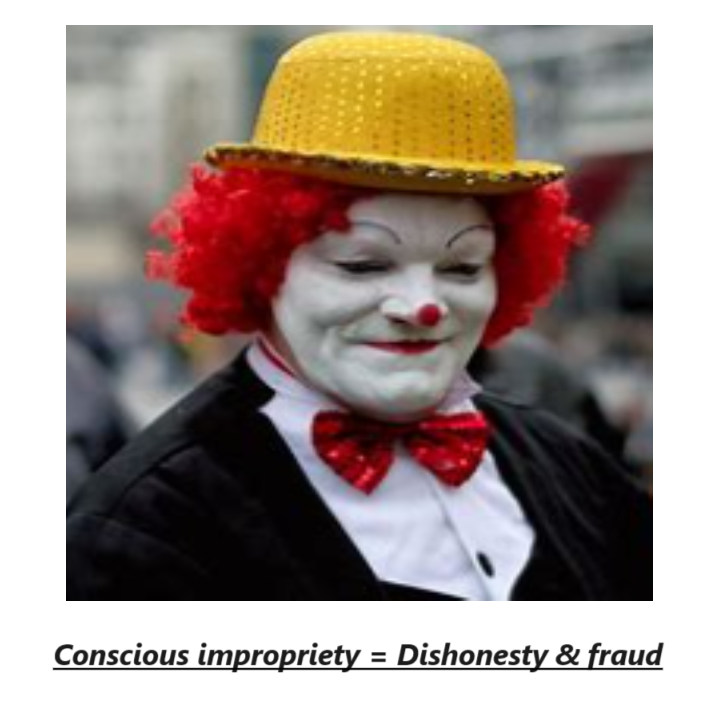Royal Brunei Airlines v Tan, 1995 2 AC 378
Citation: Royal Brunei Airlines v Tan, 1995 2 AC 378
Rule of thumb: How do you prove fraud/dishonesty? It has to be very clear mistakes which would be consciously known about.
Judgment:
The Court in this case held that dishonesty is objective rather than subjective – if people have made really woeful mistakes then it will be presumed that these were dishonest even if they were made honestly, ‘... honesty ... is an objective standard. At first sight this may seem surprising. Honesty has a connotation of subjectivity, as distinct from the objectivity of negligence. Honesty, indeed, does have a strong subjective element in that it is a description of a type of conduct assessed in the light of what a person actually knew at the time, as distinct from what a reasonable person would have known or appreciated. Further, honesty and its counterpart dishonesty are mostly concerned with advertent conduct, not inadvertent conduct. Carelessness is not dishonesty. Thus for the most part dishonesty is to be equated with conscious impropriety. However, these subjective characteristics of honesty do not mean that individuals are free to set their own standards of honesty in particular circumstances. The standard of what constitutes honest conduct is not subjective. Honesty is not an optional scale, with higher or lower standards according to the moral standards of each individual. If, a person knowingly appropriates another’s property, he will not escape a finding of dishonesty simply because he sees nothing wrong with such behaviour’, Lord Nicholls at 389

Warning: This is not professional legal advice. This is not professional legal education advice. Please obtain professional guidance before embarking on any legal course of action. This is just an interpretation of a Judgment by persons of legal insight & varying levels of legal specialism, experience & expertise. Please read the Judgment yourself and form your own interpretation of it with professional assistance.

